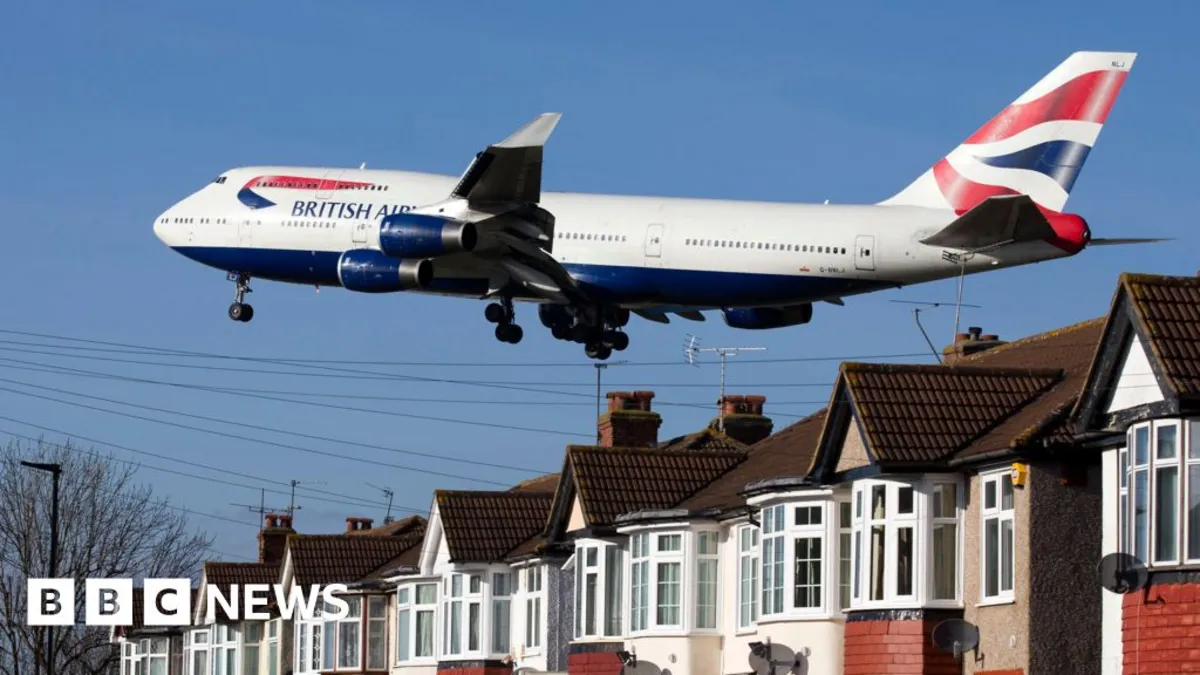
The UK government has announced ambitious plans to fast-track the remodelling of the nation's flight paths, a move that could potentially lead to quicker flights and fewer delays for passengers. This initiative is part of a larger effort to modernize the UK airspace system, which has remained largely unchanged for approximately 70 years.
Ministers are set to unveil the UK Airspace Design Service (UKADS), an organization that will be responsible for redesigning the flight routes that aircraft must follow over UK airspace. The initial focus will be on modernizing the complex airspace surrounding London, an area known for its high volume of air traffic.
However, the plans have sparked concerns from local communities. Cagne, a community aviation and environmental group representing Kent, Surrey, and Sussex, has warned that the new flight paths could lead to increased air traffic over previously unaffected residential areas. This has raised questions about how the changes will impact the quality of life for those living near airports.
Despite community apprehensions, the government asserts that these plans will enable aircraft to climb faster during takeoff and descend more smoothly during landing. This modernization aims not only to enhance operational efficiency but also to address aviation's climate change impacts. The initiative is designed to pave the way for innovative technologies, including the potential introduction of flying taxis.
The Aviation Minister, Mike Kane, emphasized that modernizing the UK airspace is one of the most effective strategies to reduce pollution associated with air travel. He stated, "This will set the industry up for a long-term, sustainable future." The proposed changes represent the most significant redesign of UK airspace since its inception in the 1950s when the annual number of flights was around 200,000. In contrast, last year saw approximately 2.7 million flights in UK airspace.
The government projects that the UK Airspace Design Service (UKADS) will be fully operational by the end of this year. Tim Alderslade, the head of Airlines UK, expressed support for the initiative, stating that the alterations to UK airspace are long overdue. "We look forward to collaborating with ministers and all sectors of UK aviation to complete this once-in-a-generation infrastructure program as swiftly as possible, ideally by the end of the decade," he remarked.
As the UK moves forward with the remodelling of its flight paths, the balance between community concerns and the need for a more efficient and environmentally friendly aviation system will be crucial. The upcoming changes promise to reshape the future of air travel in the UK, aiming for a more sustainable and technologically advanced aviation landscape.